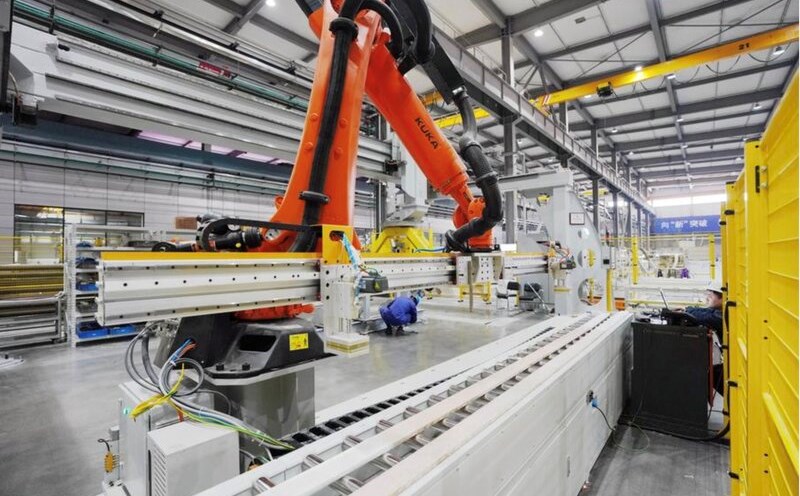Scientists at Mass General Brigham in Boston have just developed an artificial intelligence (AI) tool that can predict a person's biological age from just portrait photos. Unlike age by year, biological age reflects the overall health of the body, thereby helping the doctor make appropriate treatment decisions.
According to the Washington Post, FaceAge was trained with about 59,000 photos of people aged 60 and over, mostly healthy people. The data includes public photos from Wikipedia, IMDb and the UTKFace database, ranging in age from under one year to 116 years old.
When tested on 6,200 cancer patients, this tool showed that their average biological age was 5 years older than the real age. Those with old faces also have a poor prognosis for survival.
In another study, doctors were asked to predict the 6-month survival of end-stage cancer patients based on portraits, photos with clinical information, and finally photos combined with results from FaceAge. When only seeing photos, the doctor did the right thing in 61% of cases; with clinical information, the accuracy rate increased to 74%; with FaceAge and medical records, the accuracy reached 80%.
Although FaceAge has not been widely used clinically, researchers expect to soon start testing with about 50 patients in May 2025.
Dr. Raymond Mak - one of the research authors - shared that he once treated an 86-year-old lung cancer patient because he felt he looked younger than his age. When he tried FaceAge again, the tool assessed the patient as being actually more than 10 years younger and he was still healthy at the age of 90.
However, the researchers emphasized that FaceAge does not replace doctors' assessments but only provides a supplementary objective metric. Professor Irbaz Riaz from the Mayo Clinic said the tool could standardize the vague image assessments that doctors do every day. However, to be widely applied, FaceAge needs to pass tests of deviance, validity and approval by the management agency.
One thing to note is that factors such as lighting, makeup, skin color or cosmetic surgery can affect the analysis results. Developers say they are continuing to train FaceAge to increase resistance to these variables.
If properly managed, FaceAge promises to be a useful tool to supplement health assessment, not simply "age through photos".











